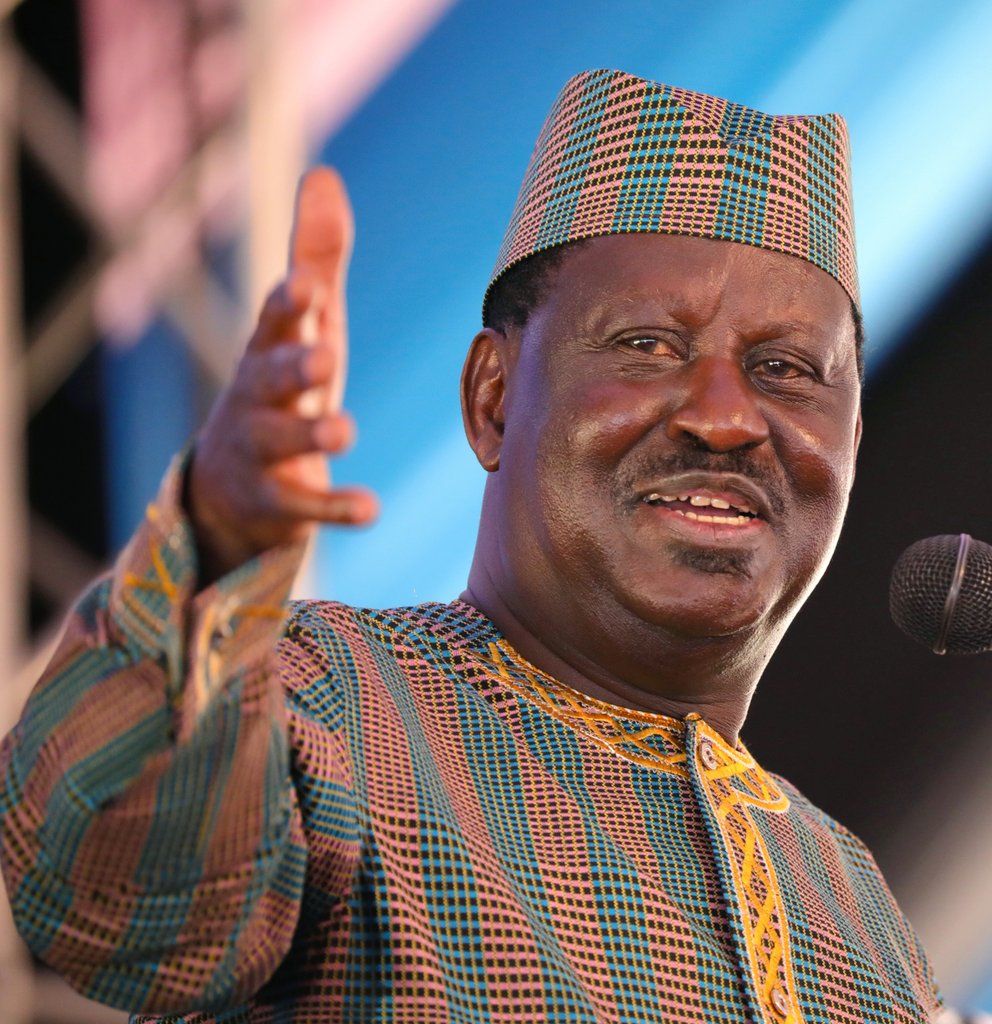
Amid his deep engagement in the bloody agitation for multiparty democracy in the 90s, former Prime Minister Raila Odinga also cut his teeth as a foremost pan Africanist who helped other countries build their democracies.
In his book, the Flames of Freedom with Sarah Elderkins, Raila says the International Republican Institute (IRI) facilitated his travels across the country to train nascent democracies on parliamentary processes and political organising.
From Zimbabwe to Mozambique to Nigeria to Cote D’Ivoire in West Africa, Raila’s roots run deep.
The book says he participated in the IRI programme in Mozambique between September and October 1994 in preparation for the country’s election that was due on October 27 that year.
At the time, the southern African country was in transition from single party regime amid a protracted civil war that had been raging since its independence from Portugal in 1975.
He says when he arrived, tempers were flaring and the polls were high staked.
“I decided there was nothing for it but to take the bull by the horns and try to bring some rationality to bear on this highly volatile situation,” Raila said in the book.
The country’s leader of opposition at the time was Raul Domingos, who, among other politicians, agreed to meet him at the Polana Hotel in Maputo.
“When I addressed them, I told them democracy was not like instant coffee, which you brew and drink immediately, but a much longer process. I asked them to look at the gains they had made,” the book says.
“I reminded them that by agreeing to participate in elections, they had transformed themselves from a guerrilla movement into a respected political party with a very large representative in Parliament.”
Raila compared Mozambique’s situation to Kenya’s at the time, where the ruling party had a large majority of 12 seats, plus 12 nominated members, making a majority of 24 in all while in Mozambique the ruling party had only seven.
“Instead of fighting with guns in the jungle […] you are going to fight with your wits and ideas in Parliament. By agreeing to stay in the process, you have the opportunity to sell your ideas and ideologies to the people and also to market your candidates properly ahead of the next general election,” he told the agitated opposition that had rejected election results and were threatening to take arms against the ruling government.
When Raila finished talking, “they all jumped up and looked at each other and started shouting “Bravo! Bravo!” It seemed my reasoning had carried the day.”
Raila would lead another democratisation programme in the country for weeks in December that year, training elected MPs on basic parliamentary procedures.
In Zimbabwe, through the IRI, he was invited to help train political parties in 1993 ahead of the 1994 elections.
He says at the time, the situation was very much similar to the ones back home as the ruling party ZANU PF led by then president Robert Mugabe “had firmly entrenched itself but ultimately could not escape the wave of democracy sweeping the continent…”
At the time, several opposition parties had mushroomed in Zimbabwe and the aim of IRI was to bring together all the groups including the ruling party and provide them with non-partisan training in preparation for the multiparty elections.
The training encompassed such topics as organization of political parties and their structures, policy formulations, membership recruitment and the development of campaign strategies.
However, Zanu PF refused to be lumped together with other parties and the Raila group trained them separately.
In Burundi, the book says, Raila was instrumental in pushing for lifting of sanctions against the landlocked country where a coup happened in 1996.
The AU had imposed the sanctions after the army installed Piere Buyoya as president.
But in liason with then Tanzanian’s president Mwalimu Nyerere, Raila sustained a continent wide campaign to have the import embargoes lifted.
Instant analysis
Through these missions, Raila Odinga not only championed democracy at home but also stood as a bridge-builder across the continent—helping others chart a path away from war and toward political dialogue and institutional development.







![[PHOTOS] Emotions as Winnie hands over Raila’s fedora to Ida](/_next/image?url=https%3A%2F%2Fcdn.radioafrica.digital%2Fimage%2F2025%2F10%2Fa7736f32-7506-4028-aa3f-eae459c70961.jpg&w=3840&q=100)




